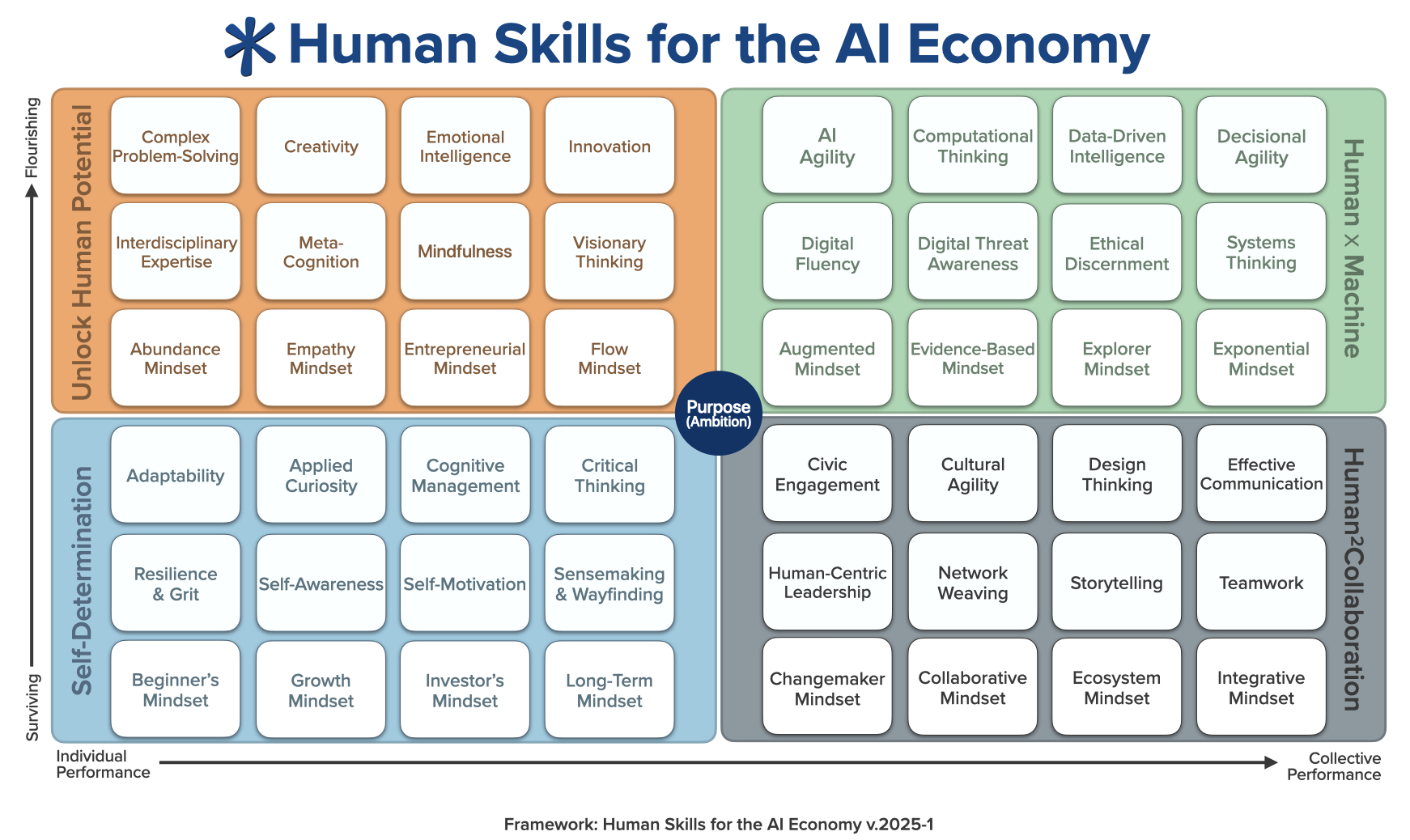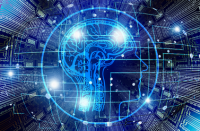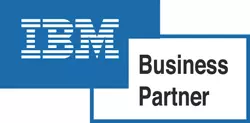AI currently has a lot of buzz and bold predictions, yet what are some skills only people possess?
Recently, the title of an opinion piece in The New York Times caught my eye – I'm a LinkedIn Executive. I See the Bottom Rung of the Career Ladder Breaking.
Changes Afoot at Tech Companies, Law Firms, and Retailers

This piece was timely because it helped explain a number of recent layoffs of application developers at Microsoft, Google, and Meta. As the article's author explained, “In tech, advanced coding tools are creeping into the tasks of writing simple code and debugging — the ways junior developers gain experience.”
Artificial Intelligence (AI) has increased the productivity of developers because AI add-ins to programming editors can now anticipate the code you'll likely write next and churn out the upcoming 3 to 4 lines for you. These AI-generated lines will likely be better than you could have written yourself – better structure, more concise, adequately commented, and less likely to break.
Because AI has increased the productivity of experienced developers, there's less need for junior developers (hence layoffs) and fewer junior developer positions available. This means that graduates with computer science, application development, or similar degrees will be competing for fewer entry-level positions. The author also cites examples in law firms and retailers – tasks such as basic contract review or answering customer questions are now handled by AI tools or chatbots.
The author, the Chief Economic Opportunity Officer at LinkedIn, also cited some figures from the company's surveys. LinkedIn's Workforce Confidence Index measures job and career confidence across nearly 500,000 professionals. While this index is hitting new lows across all age groups, members of Generation Z are the most pessimistic about their futures. LinkedIn also surveyed over 3,000 executives at the vice president level or higher – 63% believed AI would handle many tasks now given to entry-level employees to develop their skills. While most jobs will be impacted, the author believes office jobs will be affected the most.
Doing What Humans Do Best...or Exclusively
I decided to ask Microsoft's AI tool, Bing, something I know more than a little about – accounting. My question to Bing was this: “what are some accounting tasks that AI cannot replace” Here is Bing's entire reply:
While AI can automate repetitive accounting tasks and reduce human error, it cannot fully replace human accountants. Some accounting tasks that AI cannot replace include:
- Basic bookkeeping
- Bank reconciliation
- Contract interpretation
- Routine tasks such as data entry and transaction validation
- Essential aspects of accounting that transcend numbers and data.
Although I agree with these answers, I was hoping for more substance, so I clicked the “See More” button, which revealed a number of related searches. I chose the first one: “why will ai not replace accountants” This time, Bing provided a longer and more substantive answer beginning, “AI is unlikely to replace accountants in the near future due to the necessity of human judgment, ethical considerations, and the importance of client relationships.” Here are five factors it provided to support its summary (I omitted the details and links to sources for brevity):
- Human Interactions and Relationships
- Complex Decision-Making
- Ethical Judgments and Compliance
- Limitations of AI Technology
- Evolving Role of Accountants
Note that the first 3 factors are skills possessed only by people. In reviewing some articles on AI and creativity found by my Manager of Business Development, a phrase in one article – “There are Things That Machines Can't Do (And Never Will) – caught my eye: “Todd McLees has developed a human skills curriculum.”
Human Skills for the AI Economy
Todd McLees is a Co-Founder of humanskills.ai, developer of its Human Skills Framework. A blog post on the site provides an overview of this framework and this very helpful graphic:

This graphic presents 32 essential skills (the top 8 boxes in each quadrant) and 16 mindsets (the bottom 4 boxes in each quadrant), organized into 4 domains:
|
|
To me, frameworks like this one are invaluable in helping assess the uniquely human skills needed for success in the AI-augmented workplace.
Redesigning Entry-Level Jobs to Better Use Human Skills
The opinion piece that triggered my thoughts resulting in this article began on a down note, citing the risks posed by AI to entry-level jobs. Fortunately, it ended with some good examples of redesigned entry-level jobs, along with thoughts on factors to build into entry-level jobs:
At the accounting and consulting firm KPMG, recent graduates are now handling tax assignments that used to be reserved for employees with three or more years of experience, thanks to A.I. tools. And at Macfarlanes, early-career lawyers are now tasked with interpreting complex contracts that once fell to their more seasoned colleagues. Research from the M.I.T. Sloan School of Management backs up this switch, indicating that new and low-skilled workers see the biggest productivity gains and benefits from working alongside AI tools.
...
For generations, entry-level positions have served as professional stepping stones where new graduates could safely learn under the watchful eye of seasoned managers. Now that the model is unraveling, we must push to rebuild it to reflect the world of work we live in and redesign first jobs with growth in mind — roles that teach adaptability, not repetition, and serve as springboards, not stalls.
AI is not perfect, and you do need to review its results for reasonableness. Why? Because AI apps are designed to provide answers and will make up facts, if needed, to support its conclusions. Nonetheless, by intelligently combining the strengths of AI to handle mundane tasks with skills unique to humans, workers of all levels will be able to better do what people do best – use their talents to better help other people.
The motto of Hall of Fame baseball player Willie Keeler was this – “Keep your eye on the ball and hit 'em where they ain't!” If he worked in an AI-augmented position, perhaps he'd now say – “Keep your eye on the AI and do what it can't!”
Sincerely,

Todd L. Herman
PS – Please check out our most recent video – When Work is NOT Productive






